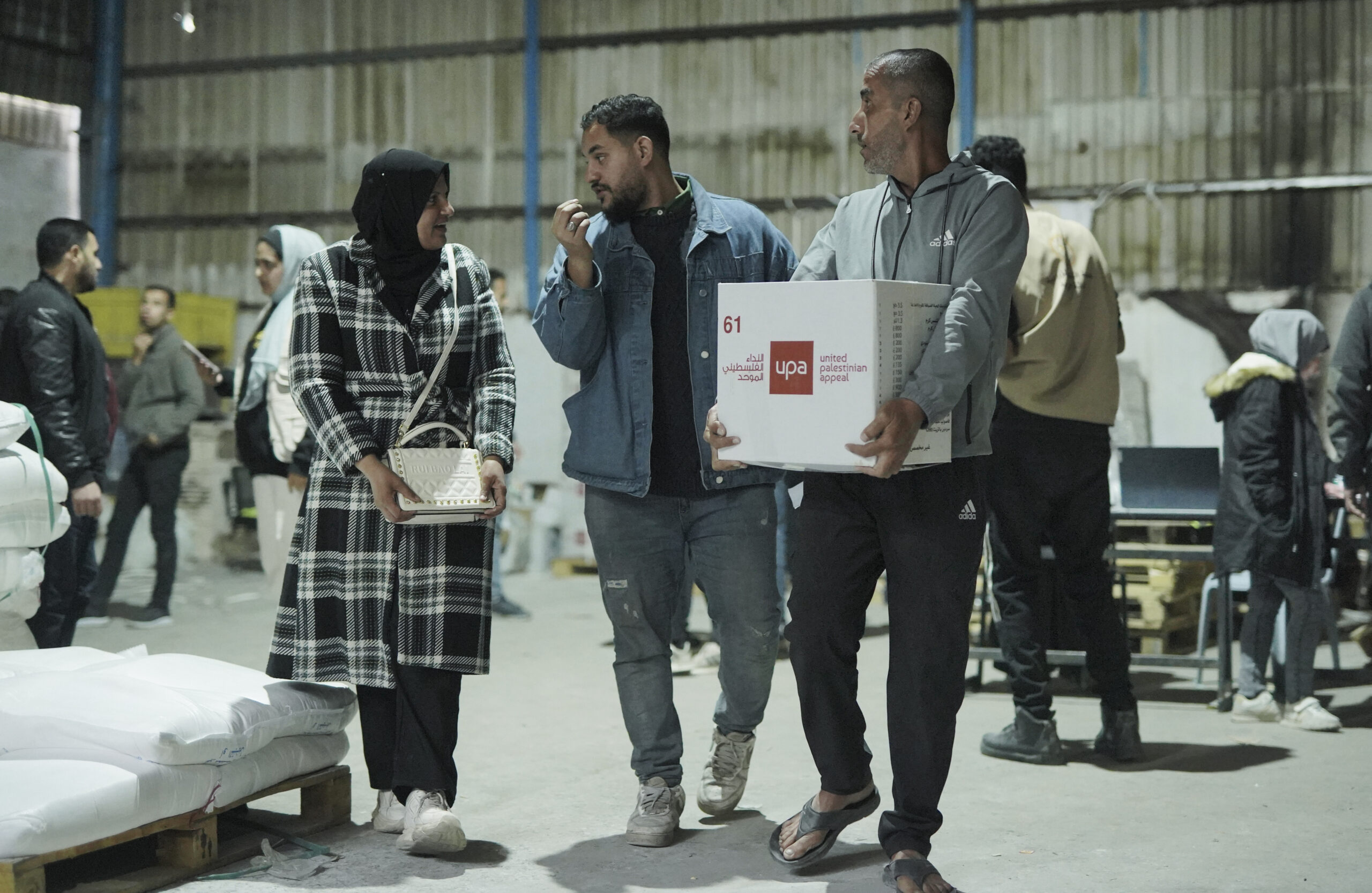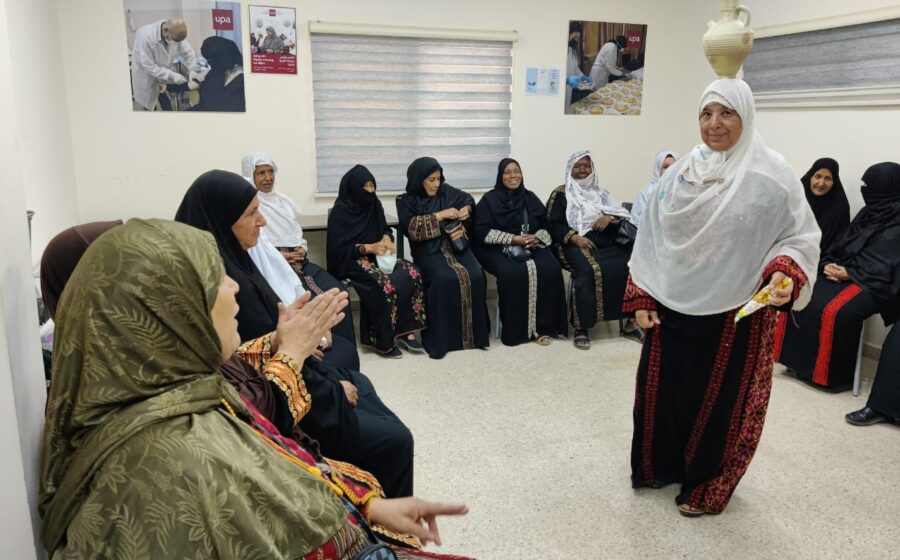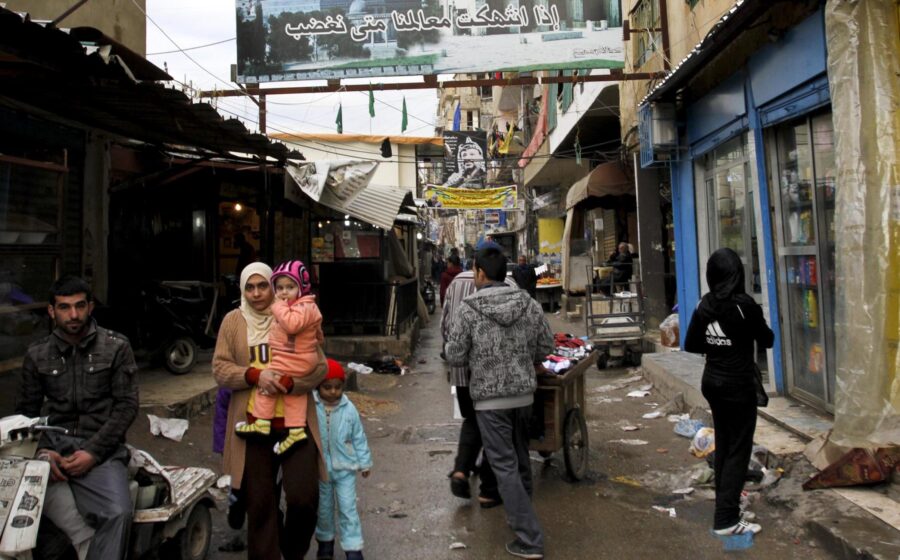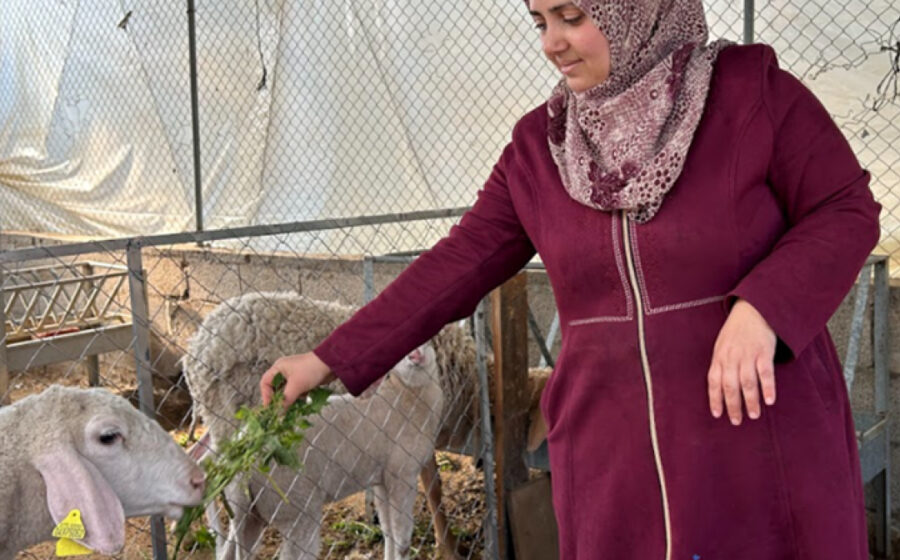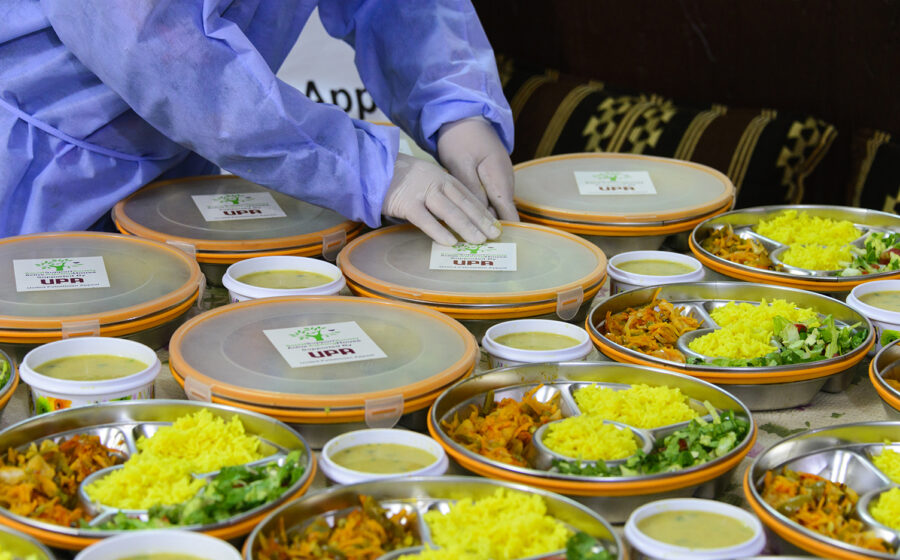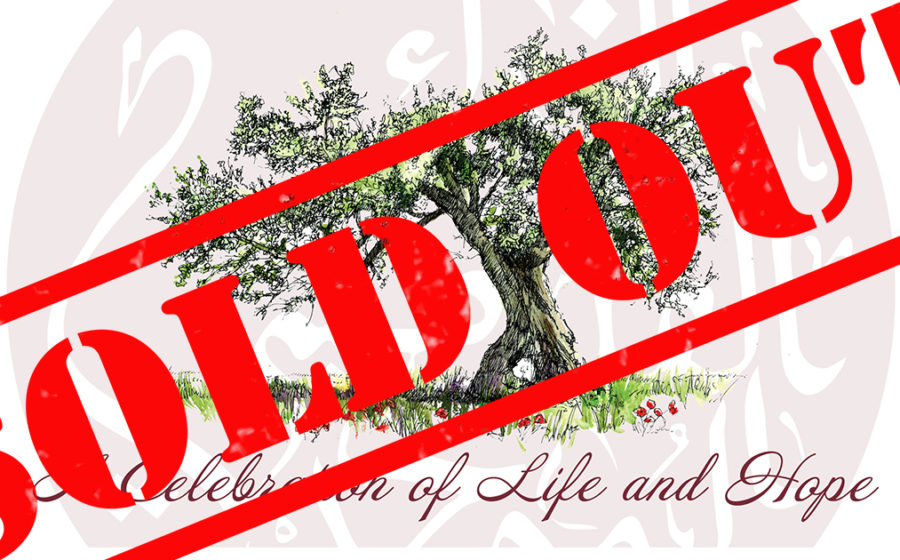Delivering Aid in Gaza: UPA’s Commitment Despite Growing Challenges
The United Nations’ largest agency supporting Palestinian Refugees has recently announced that it has suspended aid deliveries through Gaza’s main crossing points due to escalating safety concerns exacerbated and sustained by the Israeli army’s negligence towards organized crime.

